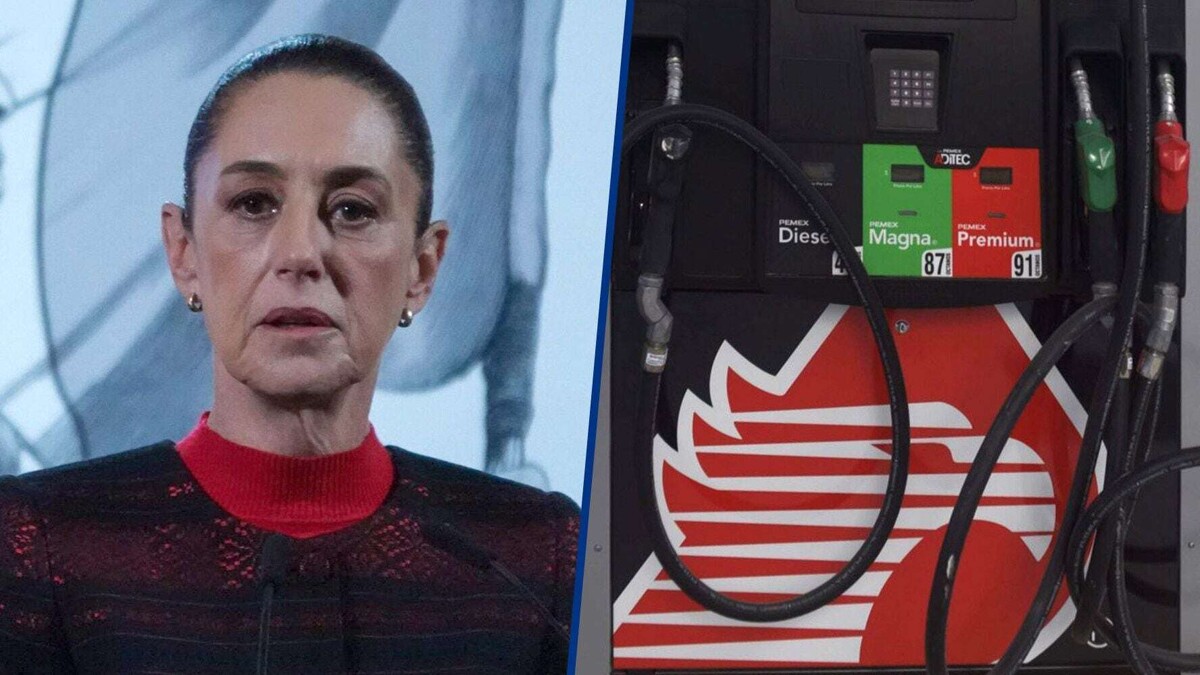
The government of Mexico has announced a change to prioritize social and economic objectives over corporate profits. In this regard, Pemex and CFE would make decisions aligned with government interests, as explained by Energy Secretary Luz Elena González. This measure implies that the government will control 54% of the national electricity supply, leaving the rest in the hands of private companies.
President Claudia Sheinbaum has reiterated that in February she will initiate the reform season with initiatives she will present in Congress, including one on energy-related topics concerning Pemex and CFE. Sheinbaum announced that next Wednesday, January 29, she will present the secondary laws regarding the proposed energy reform.
"These are very significant reforms for the strengthening of Pemex and CFE, and to clearly establish where private participation can occur and how," the president stated during her press conference on January 27. These laws will explain the regulations related to the importation of fuels and the monitoring until their use at gas stations.
As part of these changes, the disappearance of the Energy Regulatory Commission (CRE) and the National Hydrocarbons Commission (CNH) is established, according to the reform to eliminate autonomous bodies. The secondary laws will detail how these entities will be replaced.
The energy reform proposed by Claudia Sheinbaum involves reclassifying Pemex and CFE from "state productive enterprises" to "public enterprises," with clear rules for investment. The goal is to address the crisis in Pemex, which faces massive debts and historically low levels of oil production.
Jeanette Leyva, columnist for El Financiero, highlighted that in November 2024, Mexico produced the lowest amount of oil in 45 years, indicating the crisis Pemex is facing. The company has a debt of more than 20 billion dollars with its suppliers, leading to protests and staff cuts in oil cities such as Tampico, Coatzacoalcos, and Ciudad del Carmen.












